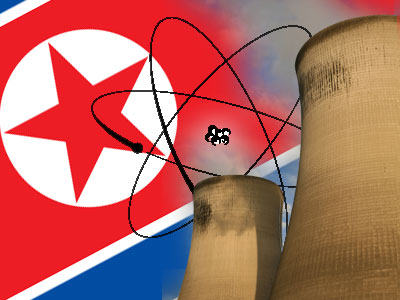North Korea open for new nuclear talks
 Pyongyang/Beijing - North Korea said it was willing to engage in bilateral and multilateral talks to end the country's nuclear weapons programme, raising hopes to revive the stalled process, Chinese state media reported Monday.
Pyongyang/Beijing - North Korea said it was willing to engage in bilateral and multilateral talks to end the country's nuclear weapons programme, raising hopes to revive the stalled process, Chinese state media reported Monday.
Prime Minister Kim Yong Il told his Chinese counterpart Wen Jiabao during a rare meeting in Pyongyang Sunday that North Korea "has never given up this wish, and is willing to have bilateral and multilateral dialogues for this end," the Xinhua news agency quoted Kim Yong Il as saying.
The premier added that the Stalinist state was to "continue to maintain close exchange and coordination with China."
North Korea's premier repeated a statement by strongman Kim Jong Il, who in early September expressed support for a denuclearized Korean peninsula, but did not indicate a return to the six-party talks to that end, which North Korea unilaterally abandoned earlier this year.
The six-party talks, aimed at persuading North Korea to abandon its nuclear weapons drive also include China, Russia, Japan, the United States and South Korea.
In a rare gesture, Wen, who traveled to Pyongyang to persuade North Korea to return to the nuclear talks, was welcomed at the ariport by "Dear Leader" Kim Jong Il at the beginning of his three-day visit.
In his talks with Kim Yong Il, Wen, referring to North Korea's obligations under a 2005 agreement to dismantle its nuclear programme in exchange for economic aid, said this commitment was in the interest of all parties involved, including Pyongyang.
"Consultation is the only way to solve the peninsula's nuclear issue," Wen said.
North Korea meanwhile blamed the United States for the nuclear dispute. In remarks carried by state-run Korean Central News Agency, Kim Yong Il said his side "pointed out that the United States is to blame for the occurrence of the nuclear issue on the Korean peninsula."
Pyongyang habitually accuses Washington of initiating the conflict by providing a nuclear umbrella for South Korea, following the 1950-53 Korean War. The two Koreas technically remain at a state of war, as the two countries never signed a peace treaty. (dpa)